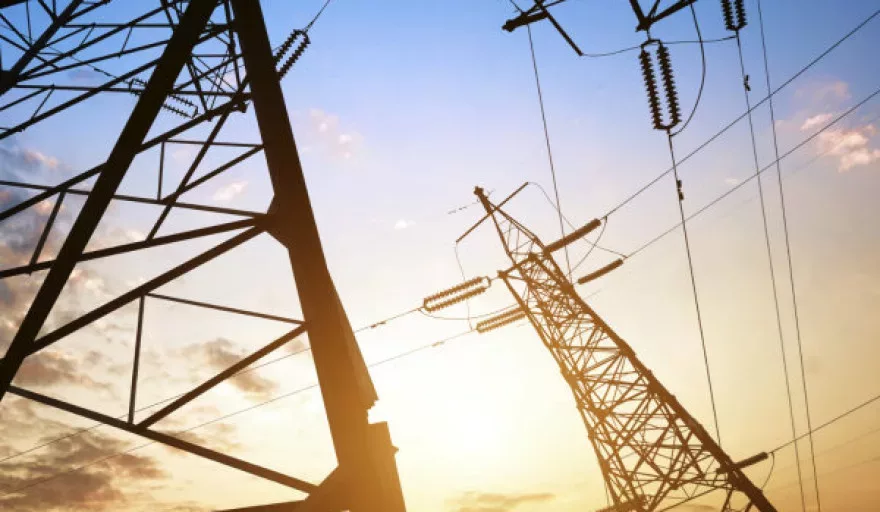THE CHANGING ENERGY LANDSCAPE
The energy landscape of the UK is changing, and presenting new challenges for UK energy security. Existing infrastructure closes, domestic fossil fuel reserves are in decline and the system needs to adapt to meet low-carbon objectives.
The Department of Climate Change and Energy recently estimated that the current combined capacity of UK power stations is approximately 90 million kilowatts (KW). However, nine fossil fuel power stations are due to close by 2015, under European directives aimed at reducing pollutants such as oxides of sulphur and nitrogen.
Furthermore, nine of the UK’s 10 existing nuclear power stations are scheduled to close by 2023. Some of these may continue operating after the scheduled shutdown date, provided the Office for Nuclear Regulation (ONR) is satisfied that this is safe, but eventually they will need to be replaced.
The closures will deprive the UK of about 20 million KW of capacity. The remaining UK power stations would then need to operate at full capacity during periods of high electricity demand or risk a potential shortfall between supply and demand. This is without taking into account increased demand, which is expected to rise as electricity is increasingly used to power transport and heating.
National Grid performs an excellent job of managing the country’s needs. They have essentially, through their many Ancillary and Balancing Services, created a de facto strategic reserve to solve the country’s issues. This will of course only go so far in a catastrophic series of failures across multiple major plants, which is the void to be filled by the Capacity Market and the anticipated new investment associated with it.
Successful generators in the auction will benefit from a predictable revenue stream of capacity payments, encouraging them to invest in new generation or to keep existing generation available on the system. Much of the new capacity has the potential to be competitive in the auction with existing plants, which will be a concern for those that might be close to the margin.
The capacity obligation means they must be available to deliver energy when needed or face penalties. At the same time, households and businesses up and down the country will benefit from greater security of supply.

































